This morning, November 13, the National Assembly discussed in groups the investment policy for the North-South high-speed railway project; adjusted investment policy for the Long Thanh International Airport project; and the draft resolution of the National Assembly on piloting the implementation of commercial housing projects through agreements on receiving land use rights or having land use rights.
Speaking at the discussion session, delegate Ha Sy Dong, Permanent Vice Chairman of the People's Committee of Quang Tri province, expressed his agreement with the Government's proposal of a resolution to pilot the implementation of commercial housing projects through agreements on receiving land use rights or land with existing use rights.
According to the delegate, this is a very humane and practical policy. Currently, the demand for urban housing development and commercial projects is very large, especially in big cities, industrial zones..., where the demand for land for commercial housing development is extremely urgent.
Delegate Ha Sy Dong speaks at the group discussion session on November 13 - Photo: NL
Besides, delegates also shared their views on some aspects of the draft resolution, pointed out difficulties and proposed some solutions for further improvement.
Delegate Ha Sy Dong agreed with the statement: In the context of increasing demand for commercial housing, we need a flexible mechanism to promote project development. The draft resolution will be an additional tool alongside the Land Law, aiming to create favorable conditions for investors as well as localities when implementing commercial housing projects.
Delegates suggested that the Government should carefully evaluate the effectiveness of the current use of land for commercial housing, avoid ineffective land use, take advantage of this humane policy for "profiteering", and at the same time minimize land speculation and "accumulation", which negatively affect real estate prices.
According to the delegate, the current draft basically meets the legal requirements, but the central government still needs to pay attention to additional provisions, especially in ensuring the safety of the real estate market, avoiding land speculation, profiteering from projects and ensuring sustainable development of the market. This is very important to protect the rights of people and investors, creating a healthy and sustainable real estate market.
Delegate Ha Sy Dong agreed with the idea of piloting nationwide to ensure fairness among localities and avoid the “ask-give” mechanism. However, some localities have reported no difficulties in implementing commercial housing projects, so it is proposed to pilot in some localities with great demand for commercial housing and localities facing difficulties in implementing according to current regulations, then summarize, evaluate and expand the application to other localities.
Delegate Ha Sy Dong said that the issue of concern is the regulations related to agricultural land, especially specialized rice land and forest land; he completely agreed with the proposal to be cautious in adjusting these types of land, while ensuring the maintenance of a stable rice land area of 3.5 million hectares and a forest cover rate of 42%. These are important conditions for protecting natural resources and national food security.
Delegates supported the issuance of a resolution on piloting the implementation of commercial housing projects through agreements on land use rights. However, to ensure the feasibility and effectiveness of the resolution, the drafting committee is requested to carefully review and supplement specific and detailed regulations to avoid conflicts with current regulations, especially on land use rights (Land Law 2024) and protection of land resources, food security, and the environment.
Regarding the investment policy for the high-speed railway project on the North-South axis, delegate Ha Sy Dong proposed solutions to ensure the feasibility of the project:
Firstly, it is necessary to develop a specific investment attraction policy. With a large total investment, the project needs a flexible and specific mechanism, including calling for capital from international investment funds, preferential loans, or mobilizing domestic bonds to reduce pressure on the budget.
Second, it is necessary to divide the project into many phases. Dividing investment components into phases not only helps to monitor more closely but also facilitates reasonable resource allocation, avoids wasting resources and is suitable for the financial capacity of each period of our country.
Third, it is necessary to build professional human resources and modern technology. Technology transfer is necessary to ensure that Vietnam can operate and maintain the railway itself after completion. We need to train high-quality technical human resources and cooperate with partners experienced in this field to ensure the project operates effectively.
Delegates also pointed out current difficulties and shortcomings that the central government needs to consider:
First, large capital sources and public debt risks. With investment costs of up to more than 67 billion USD, one of the biggest challenges is to ensure stable capital sources without increasing the burden of public debt. Mobilizing capital from non-budgetary sources requires transparent policies and strict management to avoid long-term financial risks. This is the most important content to ensure the "success or failure" of the project and towards the sustainable development of the country.
The issue of capital sources and debt repayment risks is a major pressure on the North-South High-Speed Railway Project. To ensure the feasibility of the project, the central government needs to have transparent solutions, strict management and control of long-term financial risks. Diversifying capital sources, mobilizing bonds, effectively managing capital and having policies to protect national finances are necessary to avoid negative impacts on the national budget and public debt.
Second, risks in technology and operating costs. Vietnam has no experience with high-speed railways (this is the first time), so there will be risks in operation and maintenance. This is a new field, requiring complex technology and high maintenance costs. We need to budget and plan for long-term maintenance to ensure sustainability.
Third, the impact on the environment and site clearance. The total land use demand of the project is about 10,827 hectares, of which rice land is about 3,655 hectares; forestry land is about 2,567 hectares; other types of land are about 4,605 hectares and resettlement of about 30,209 households is required. Site clearance and ecological environment protection require a scientific process and high consensus from the community. This is a sensitive issue, directly affecting the rights and interests of the people, requiring the central and local governments to pay special attention to this issue.
Delegates highly agreed that the central government has issued up to 19 specific mechanisms and policies for this project, including land size adjustments and key action procedures to ensure progress. However, according to delegates, when applying these specific mechanisms, the central government needs to thoroughly direct and provide specific guidance and have a strict inspection and control mechanism to achieve the best efficiency and avoid negativity and waste during the implementation process.
Delegates agreed with the central government on the establishment of a specialized project management steering committee. This steering committee will be responsible for monitoring and supervising project progress, ensuring transparency in the bidding process, budget allocation and technology supervision to ensure project quality.
Delegates also said that it is necessary to minimize negative impacts on residents and the environment. It is necessary to conduct a full survey and environmental impact assessment, along with implementing mitigation measures such as fair compensation and reasonable resettlement to avoid disadvantaged households.
Delegate Ha Sy Dong affirmed that the North-South high-speed railway project is not only a symbol of the development of transport infrastructure but also demonstrates Vietnam's determination in international integration and towards sustainable development. The project requires close coordination between departments and sectors, consensus from the National Assembly and the participation of social resources.
Delegates highly agreed with the project and hoped that the project would soon be successfully implemented, bringing great benefits in many aspects to the country.
Cam Nhung - Nguyen Ly
Source: https://baoquangtri.vn/dbqh-ha-sy-dong-tham-gia-thao-luan-ve-chu-truong-dau-tu-du-an-duong-sat-toc-do-cao-bac-nam-189697.htm


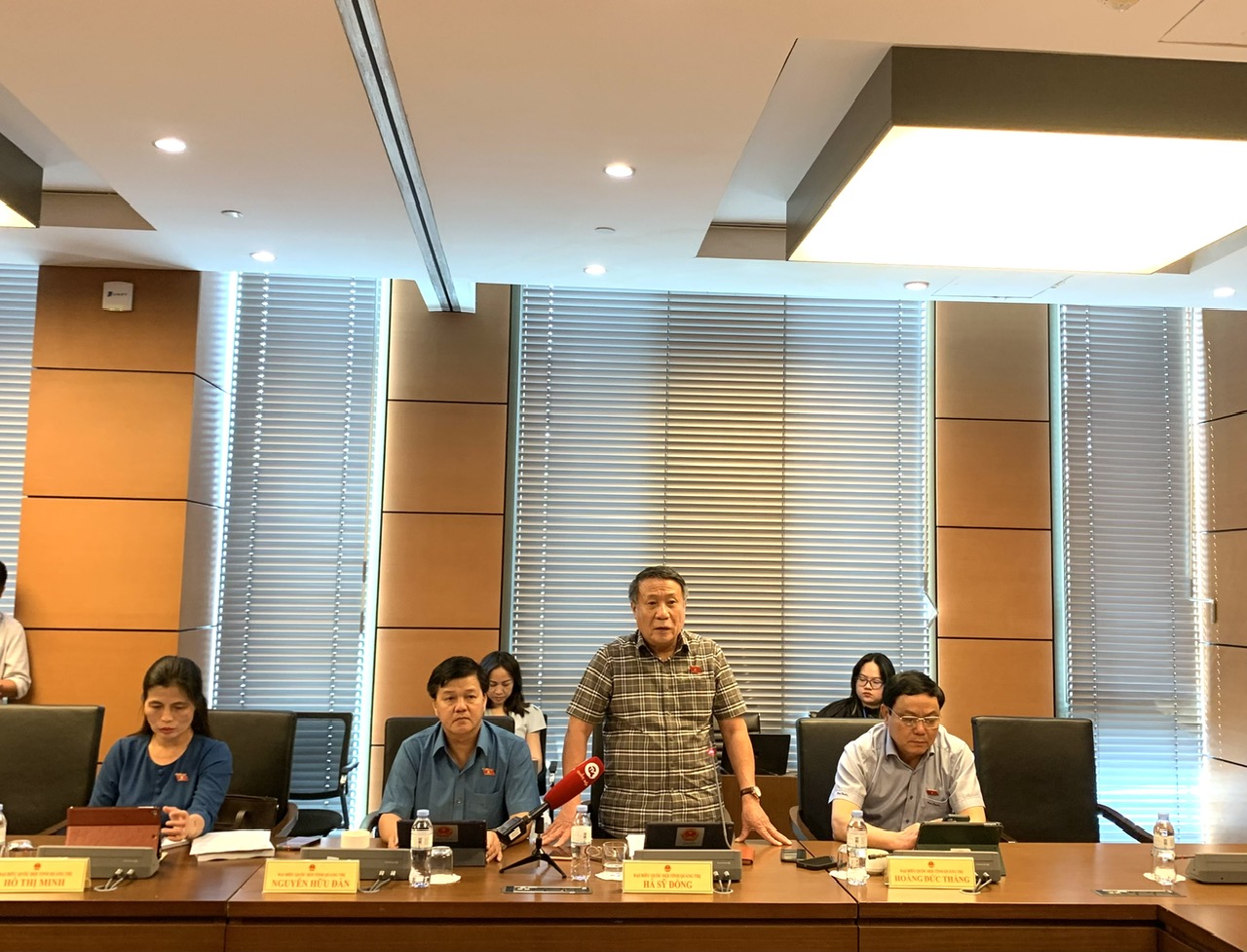

![[Photo] Russian military power on display at parade celebrating 80 years of victory over fascism](https://vphoto.vietnam.vn/thumb/1200x675/vietnam/resource/IMAGE/2025/5/9/ce054c3a71b74b1da3be310973aebcfd)
![[Photo] General Secretary To Lam and international leaders attend the parade celebrating the 80th anniversary of the victory over fascism in Russia](https://vphoto.vietnam.vn/thumb/1200x675/vietnam/resource/IMAGE/2025/5/9/4ec77ed7629a45c79d6e8aa952f20dd3)

![[Photo] Prime Minister Pham Minh Chinh chairs a special Government meeting on the arrangement of administrative units at all levels.](https://vphoto.vietnam.vn/thumb/1200x675/vietnam/resource/IMAGE/2025/5/9/6a22e6a997424870abfb39817bb9bb6c)
![[Photo] Magical moment of double five-colored clouds on Ba Den mountain on the day of the Buddha's relic procession](https://vphoto.vietnam.vn/thumb/1200x675/vietnam/resource/IMAGE/2025/5/9/7a710556965c413397f9e38ac9708d2f)
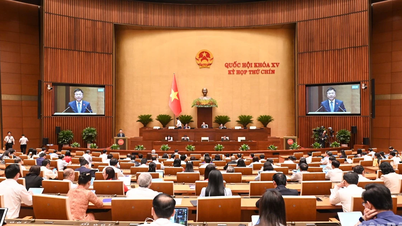

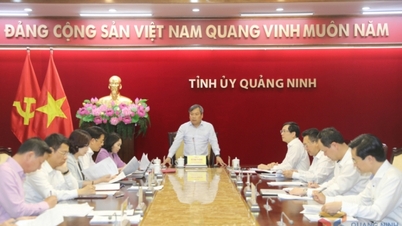
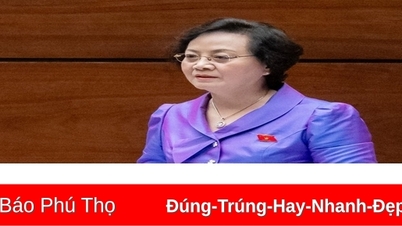
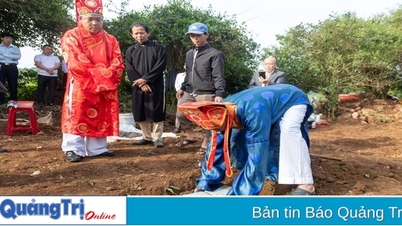

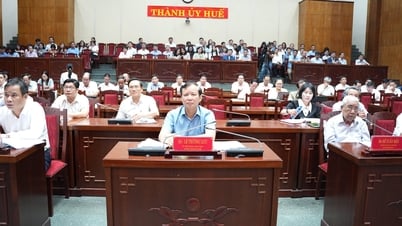

![[Update] - Thanh Hoa: 55 thousand delegates attended the conference to disseminate and implement the Resolution of the 11th Conference of the 13th Party Central Committee](https://vphoto.vietnam.vn/thumb/402x226/vietnam/resource/IMAGE/2025/4/16/f1c6083279f5439c9412180dda016c15)
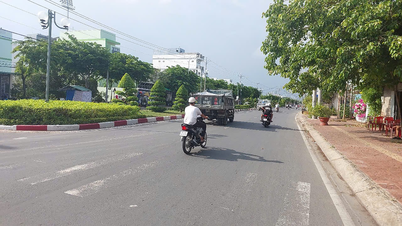

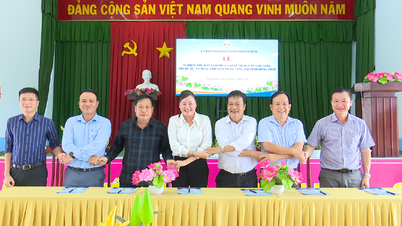
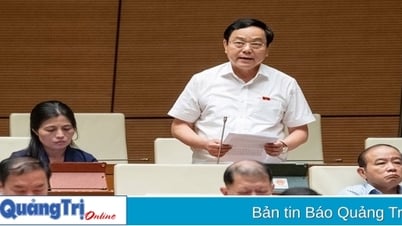
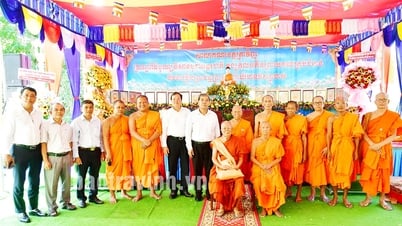
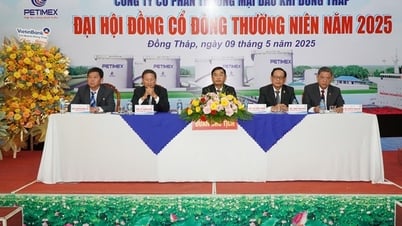






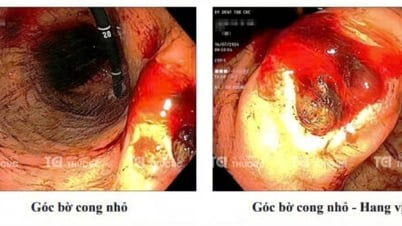
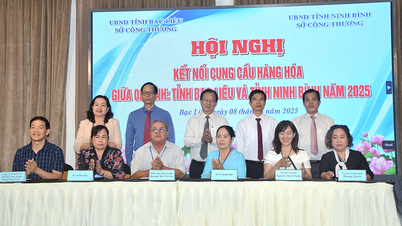
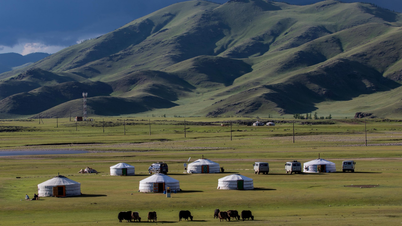
















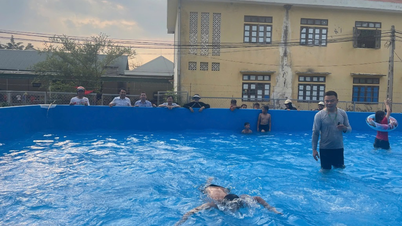



















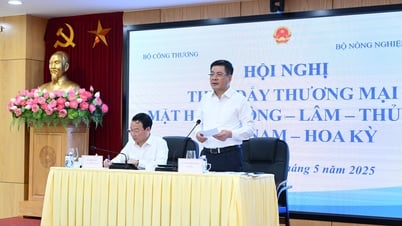



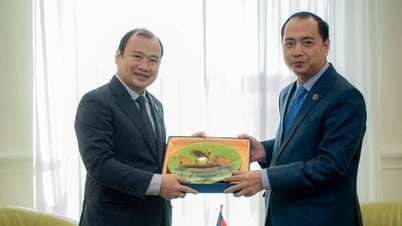
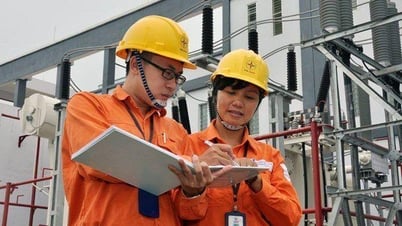
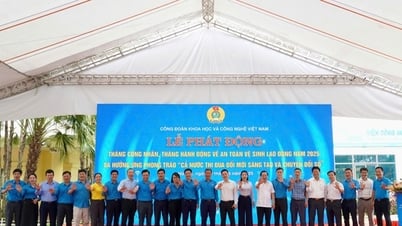

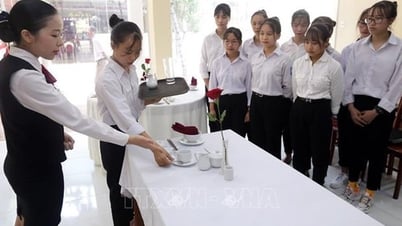


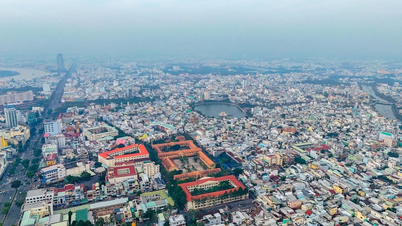





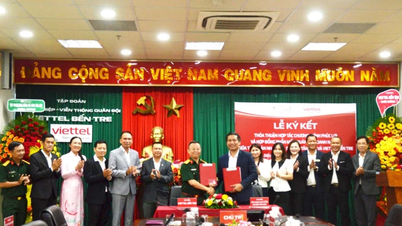

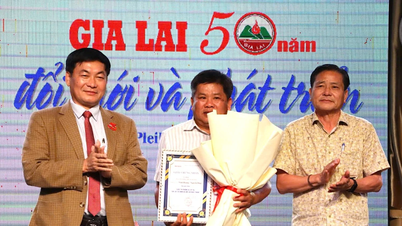












Comment (0)